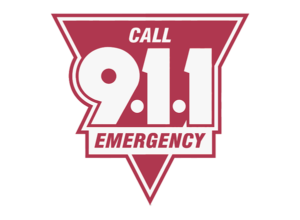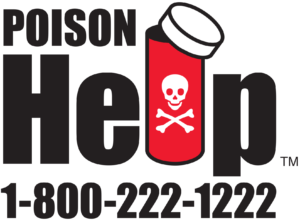ALL EMERGENCIES … DIAL 911
For Emergencies ALWAYS dial 911.
Make sure your house number is displayed clearly on your home and at the end of your driveway.
Test smoke and carbon monoxide detectors monthly, changing batteries twice a year (when you change your clocks – Spring & Fall).
Be sure to have working fire extinguishers in both kitchen and garage and know what type of fires they are used on.
Place a medicine bottle in your refrigerator door with a list of your medicines, doses and when you take them. This is in case you cannot tell us.
Code Red
![]()
The Town of Glocester is now partnering with Emergency Communications Network Inc. to provide our residents with CodeRED, which enables our local government officials to communicate time-sensitive, personalized messages via voice, email and text. Starting July 1, 2013, if your number is in the database, you will receive a message when a situation arises that may require your attention. Do not assume your number is in the database.
You may register online or pick up a registration form from the Glocester Police Department or Town Clerk’s Office; your registration will be entered by Town officials. Required information includes first and last name, street address (no PO boxes), and primary telephone number. Additional phone numbers, such as cellular phones or VoIP phones, may also be submitted.
Register Online
Code Red FAQSpecial Needs Emergency Registry
A registry for Rhode Islanders with disabilities, chronic conditions, and other special healthcare needs. This system is designed to identify individuals who require special assistance during emergencies.
RegisterPlan Ahead
“When I went to the movies with my mother as a young boy, she would sometimes cover my eyes with her hand and ask, ‘Can you tell me where the exits are?’ She made it a game that was fun, but she was serious about teaching the lesson. I’ve always remembered it, because it’s a very important one.” — Sen. Edward M. Kennedy, NFPA Honorary Chair, 2000 Fire Prevention Week
No matter where you are, you should know how to escape safely if fire should break out. It’s important to plan and practice your own fire drills, especially in your home. Just take a few minutes to walk through your home with your family and identify at least two escape routes in case a fire blocks one of them. Then practice using them, and choose a specific place outside to assemble and make sure that everyone is safe and wait for the fire department. Also, if you haven’t done it lately, test your smoke alarms to be sure they’re working.
Planning ahead and practicing carefully are the keys to survival!


Safety Tips
SAFETY TIPS
Summer
Fall
Winter
Spring
Carbon Monoxide
Disaster Preparedness
Electrical
Flooding
Halloween
Hurricanes
Medical Waste/Medicines



